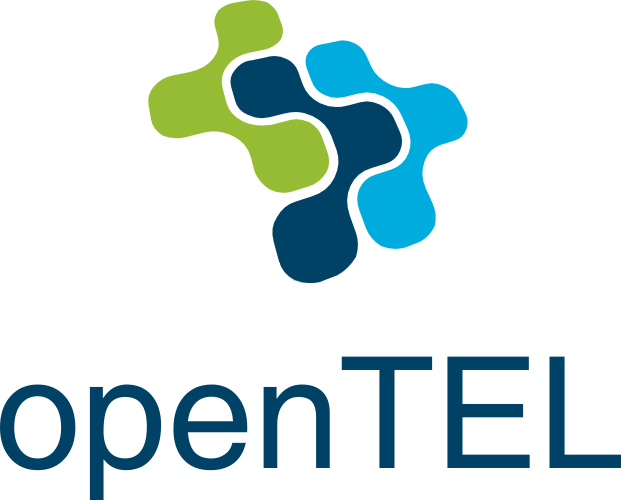Tuesday 13th December (9.30am – 12pm)
AGENDA & ABSTRACT
Link to Recording
Join us for the last time this year for openTEL Show & TEL seminar, chaired by Jessica Carr and presentations from Duygu Bektik, Francisco Iniesto, Jenna Mittelmeier, Maria Aristeidou, Fridolin Wild, Koula Charitonos, Andrew Brasher and Paul Astles.
All are welcome!
AGENDA
9:30am – 10:00am: Steering Group – OpenTEL ’23 onwards (Updates from the Chair Eileen Scanlon)
10:00am – 11:30am: Presentations
10:00am – 10:30am: Updates from previous and current OpenTEL fellows
10:30am – 11:30am: Updates from SIG leads and OpenTEL members on current and future projects
11:30am – 12:00pm: Goodbye from Eileen Scanlon
ABSTRACTS
Title:
EdTech Forum
Presenters:
Fridolin Wild
Title:
Joint webinar series with UNHCR
Presenters:
Koula Charitonos
Title:
Module Maps
Presenters:
Andrew Brasher
Title:
The role of Learning Design at The Open University in supporting student retention and success
Presenters:
Paul Astles
Abstract:
This talk would begin by framing what the role of a learning designer is at The Open University (OU). We would then move to focus on the work that the OU Learning Design (LD) team have been doing around workload and retention. A brief overview of how real time student feedback is used within module presentation is followed by the impact that course workload, specifically overloaded or unbalanced content, has on student retention and how we use a specialised tool to map workload, activity types and constructive alignment. We then will discuss the role LDs play in the identification and implication of design decisions, communicating outcomes with module teams and application of the ICEBERG model (this model is used at the OU as a rationale for our approach to impact student retention and success).
